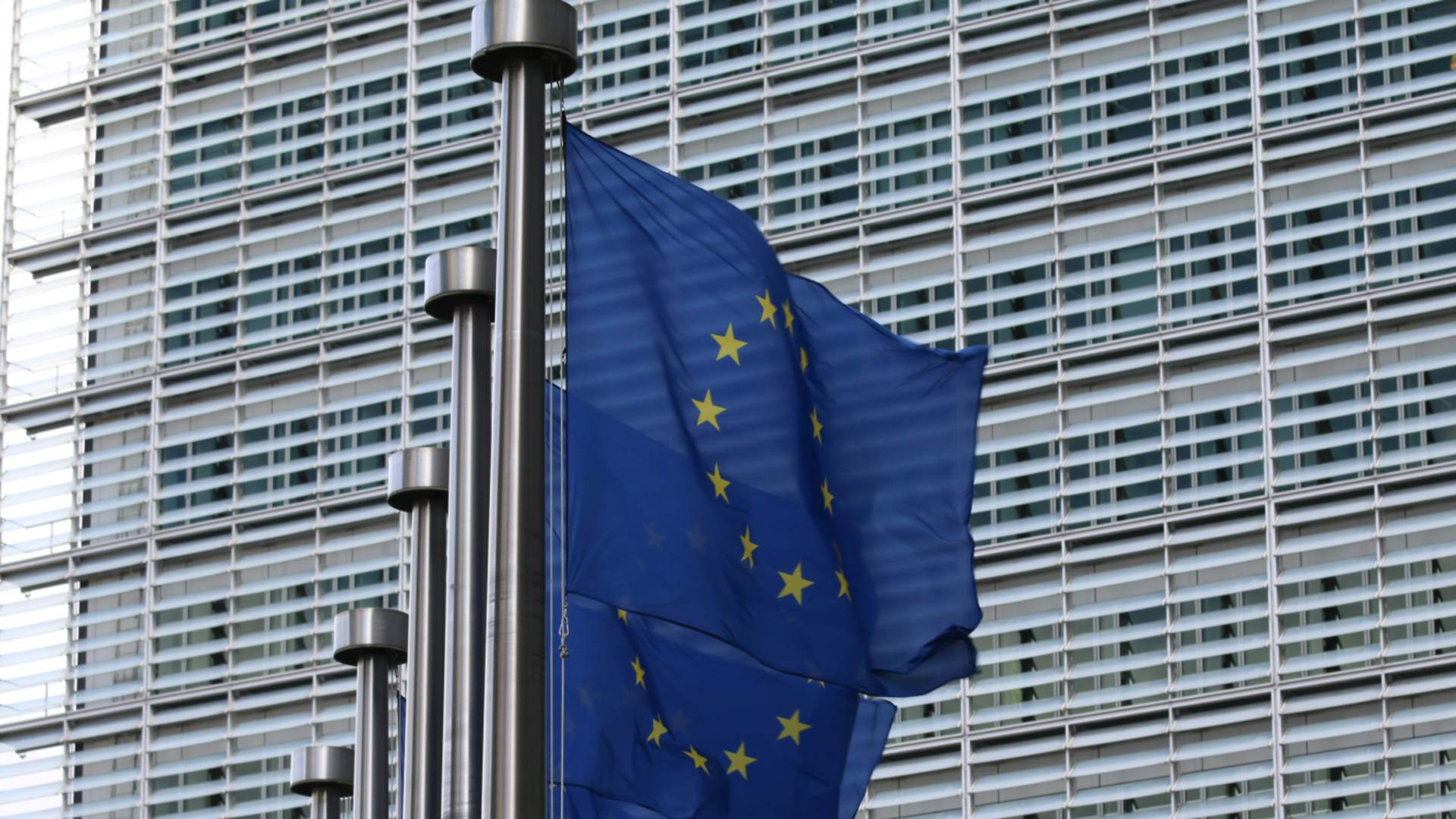The European Parliament’s Legal Affairs Committee has voted in favour of reducing sustainability reporting and due diligence obligations for companies operating in the EU.
The decision marks a major step towards the final version of the Omnibus Simplification Package, first proposed by the European Commission in February 2025 to ease the administrative burden on businesses. A full vote in Parliament is expected on 20 October.
Fewer companies to be covered by sustainability rules
Under the compromise agreed by the committee, the number of companies required to carry out environmental and social reporting under the Corporate Sustainability Reporting Directive (CSRD) will be significantly reduced.
The new thresholds would mean that only companies with more than 1,000 employees and a net annual turnover above €450 million would be covered. This aligns closely with the position of the European Council, which adopted its stance in June.
Firms that no longer fall within scope would be able to report voluntarily, following Commission guidance. To limit the burden on smaller businesses, large companies will not be permitted to request sustainability information beyond voluntary standards from their smaller suppliers.
Sector-specific reporting standards will also become voluntary, and the overall reporting process will be simplified with a greater focus on quantitative information.
The Commission plans to create a digital one-stop-shop providing free access to templates, guidelines, and reporting information to support businesses.
Due diligence rules limited to large companies
The committee also backed changes to the Corporate Sustainability Due Diligence Directive (CSDDD), which governs how companies identify and address risks to human rights and the environment in their supply chains.
Under the new proposal, due diligence obligations would apply only to the largest EU firms – those with over 5,000 employees and a net annual turnover above €1.5 billion – and to foreign companies with EU turnover above the same threshold.
Instead of requiring companies to gather detailed data from every supplier, the revised directive introduces a risk-based approach, meaning businesses would focus only on areas where adverse impacts are most likely to occur.
Companies would still be expected to prepare a transition plan in line with the Paris Agreement, setting out how they will move towards a sustainable economy.
Changes to liability and enforcement
Under the compromise, there will be no EU-wide civil liability regime for breaches of due diligence rules. Instead, companies would remain liable for damages under national law, with maximum fines of up to 5% of global turnover.
The Commission and member states are expected to provide guidance for national authorities on how penalties should be applied.
Next steps
If approved by the full European Parliament later this month, the proposal will move into trilogue negotiations between the Parliament, Council, and Commission. Final agreement on the reforms is expected by the end of 2025 or early 2026.
The move is part of a broader effort by EU lawmakers to simplify regulation and improve competitiveness while maintaining progress towards the bloc’s climate and sustainability goals.
We’re keeping an eye on changes to CSRD / CDDD and will update the Energy Advice Hub as they happen. In the meantime, if you’re in scope of EU sustainability regulations and would like advice, get in touch with Sustainable Energy First.
If the content of this or any of our articles has interested you, please get in touch for a no-obligation chat with our experts at Sustainable Energy First.














